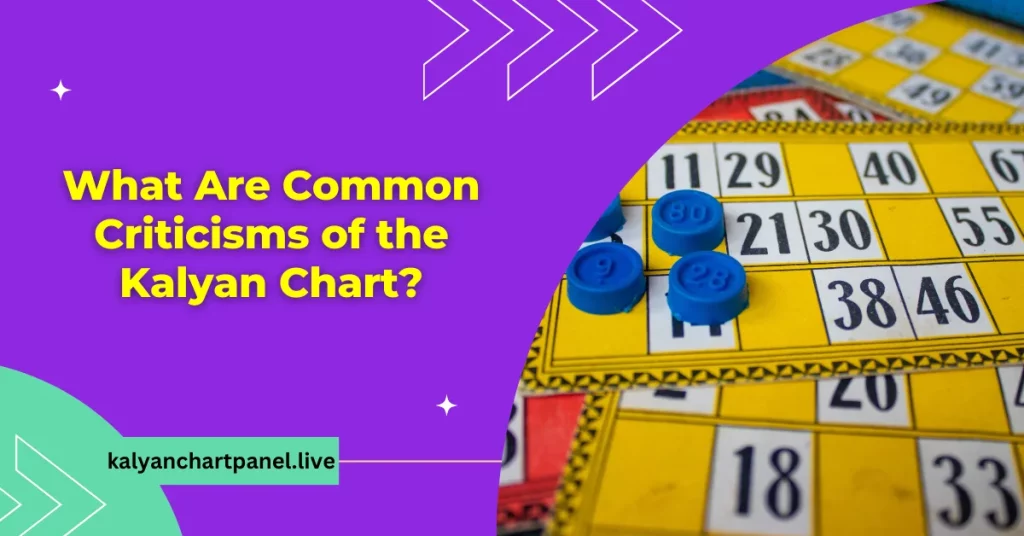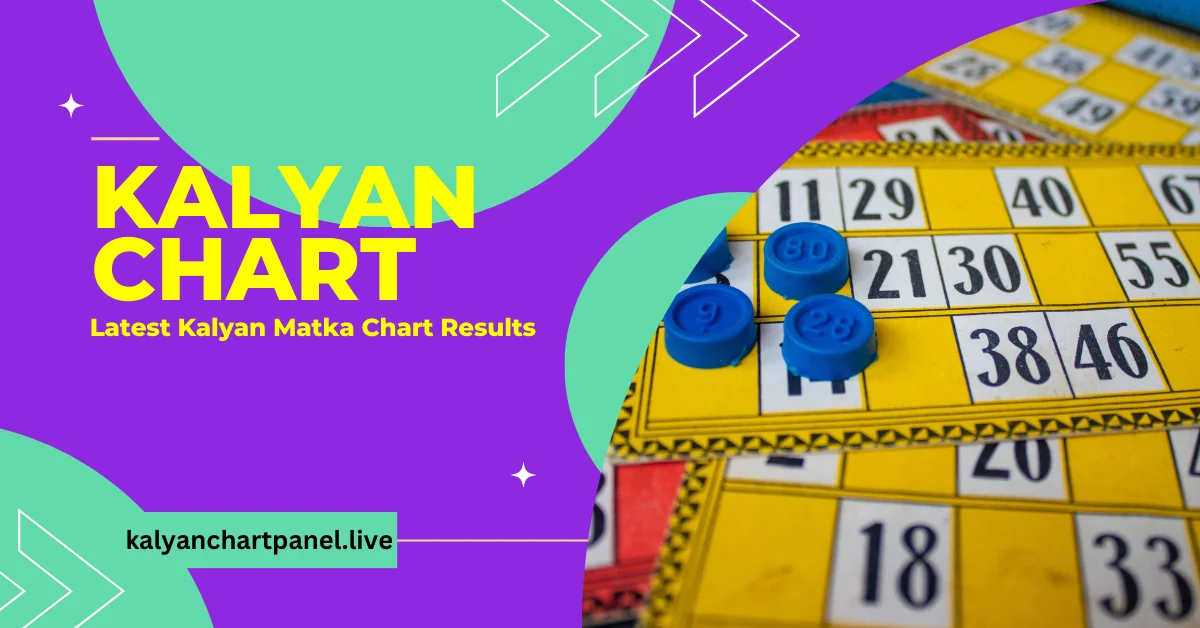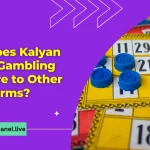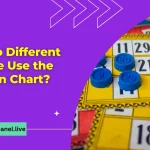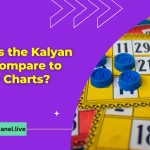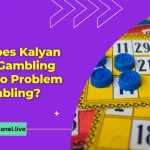The Kalyan Chart is a big deal in some gambling circles, especially in India. Some people think it can help them guess lottery numbers, but others say it’s not a good idea to use it. Let’s look at why many experts say we should be careful about using the Kalyan Chart.
What’s the Kalyan Chart Anyway?
Before we talk about what’s wrong with it, let’s explain what the Kalyan Chart is. It’s a table full of numbers used in the Kalyan Matka, which is a kind of lottery or gambling game that’s popular in some parts of India. People who like it say it can help predict winning numbers based on past results.
No Real Science Behind It
One of the biggest problems with the Kalyan Chart is that it’s not based on real science. Critics say:
- It’s based on a mistake called the gambler’s fallacy. This is when people think past events can change future random events, which isn’t true.
- There’s no math or statistics that show the chart can really predict anything.
- Any patterns people see in the chart are probably just coincidences.
Math experts keep saying that lottery numbers are picked randomly, so it’s impossible to predict them accurately using methods like this.
It Might Make Gambling Problems Worse
Another big worry about the Kalyan Chart is that it might make people addicted to gambling. Critics point out that:
- The chart might make users feel like they can control something they really can’t.
- It can make people gamble too much because they think they’ll win.
- People who are easily influenced might start gambling too much because they think the chart is trustworthy.
Mental health doctors warn that tools like the Kalyan Chart can make gambling problems worse and cause money and personal troubles.
Legal and Moral Issues
Using and promoting the Kalyan Chart can also get people in trouble with the law and raise moral questions:
- In many places, the Matka gambling system that uses the chart is against the law.
- Sharing these charts might be seen as encouraging illegal activities.
- Some people think it’s wrong to make money from something that might hurt vulnerable people.
Lawyers warn that even being a little involved with the Kalyan Chart could get you in legal trouble in some areas.
Fake Information and Scams
Critics also say there’s a lot of lying and cheating related to the Kalyan Chart:
- Some people or websites might try to sell you “sure-win” numbers based on the chart, which is impossible.
- There have been cases of scammers using the Kalyan Chart to trick people out of their money.
- The chart is complicated, which makes it easy to confuse people who don’t understand it.
Consumer protection groups warn about the dangers of falling for these tricks and say it’s important to think carefully about promises that seem too good to be true.
Not Clear How It Works
Another problem with the Kalyan Chart is that it’s not clear how it works:
- The ways used to make and update the chart are often not explained.
- Nobody checks if the chart is accurate or reliable.
- Users usually can’t check if the information in the chart is real.
This lack of clarity makes people wonder if the Kalyan Chart and the people who make it can be trusted.
Takes Focus Away from Smart Money Choices
Money experts often criticize the Kalyan Chart because it distracts people from making smart money choices:
- It might encourage people to rely on luck instead of planning their finances carefully.
- Money spent on gambling based on the chart could be better used for safer investments.
- Focusing on quick wins can stop people from building long-term financial stability.
Experts say it’s important to teach people about responsible money management instead of relying on gambling tools.
Effects on the Mind
Psychologists and mental health experts worry about how using the Kalyan Chart might affect people’s minds:
- It can create unrealistic hopes and lead to disappointment and frustration.
- Failing to predict numbers correctly many times can hurt self-esteem and mental health.
- The chart might make people believe more in luck and superstition, which could affect how they make decisions in other parts of life.
Mental health experts say it’s important to understand why people might be drawn to tools like this in the first place.
Impact on Society and Culture
People who study society and culture point out possible negative effects on communities:
- The Kalyan Chart might make harmful gambling habits more common in some communities.
- It could make money problems worse for people who are already struggling financially.
- The chart’s popularity might make gambling seem normal, especially for young people.
Social workers and community leaders often say we need programs to teach people about these potential problems.
Better Options Than the Kalyan Chart
Given all these criticisms of the Kalyan Chart, many experts suggest focusing on better approaches:
- Learning about smart money management.
- Looking into safe investment options with help from professionals.
- Finding fun activities that don’t involve risking money.
- Getting help for gambling addiction if needed, through counseling and support groups.
Money education experts say it’s important to understand risk, probability, and personal finance to make good decisions.
Conclusion
While some people still pay attention to the Kalyan Chart, the problems we’ve talked about show why it’s not a good idea to use or promote it. From not being based on science to possibly getting people in legal trouble, the chart has a lot of issues that experts in different fields point out.
It’s really important for people to be careful and think critically about tools like this. Instead of relying on unproven methods like the Kalyan Chart, it’s better to focus on smart financial planning, making responsible decisions, and getting professional advice when needed.
As people keep talking about gambling and prediction tools, it’s important to focus on teaching the public, encouraging responsible gambling, and helping people affected by gambling problems. By understanding the criticisms and potential risks of tools like the Kalyan Chart, people can make better choices about their money and overall well-being.
Remember, when it comes to your future and your money, it’s always better to rely on facts, expert advice, and careful planning rather than chance or unproven methods. Stay smart, stay safe, and make choices that will help you in the long run!
